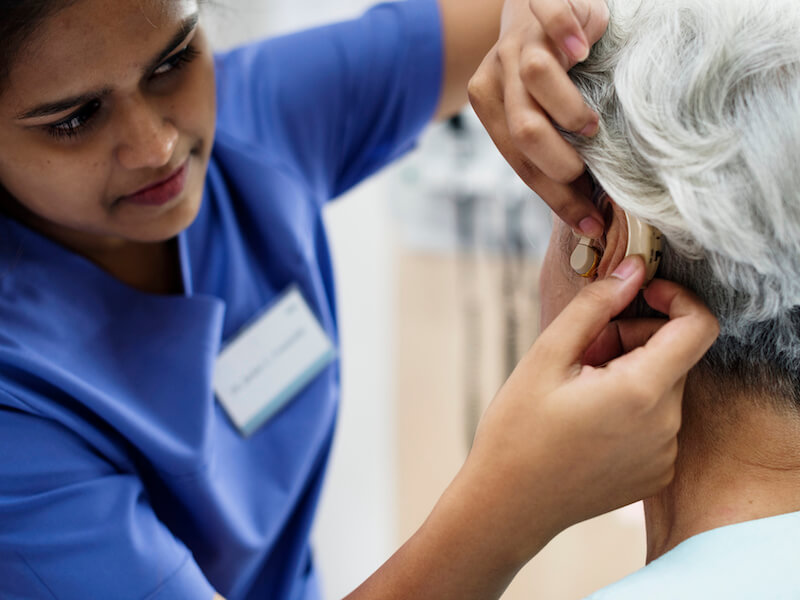
If you have hearing aids but you’re still having trouble hearing, your hearing aids might need professional repair.
You take care of your hearing aids. You’re really careful with your hearing aids. You charge them nightly and clean them every day.
That’s why it’s so frustrating that, abruptly and distressingly, your hearing aids are no longer working the way they should. The good news is, troubleshooting the problem is pretty straight forward. Just remember: your number one job is to avoid damaging your hearing aid further (otherwise replacing them could be necessary).
Troubleshooting Your Hearing Aid
Every design of hearing aid is different so make use of your owner manual for troubleshooting and maintenance. On most models, these things can be checked:
- Wax buildup: Check for wax buildup which could be impeding the standard operation of your hearing aids. Even if you undertake regular cleaning, sometimes wax can build up quickly, so it’s worth ticking this off your list.
- Check for noticeable damage: Check to see if there are any visible cracks or loose components around the shell of your hearing aid. Cracks could allow moisture in and may be a sign of additional damage.
- Keep your microphone clear:On occasion, the microphone can be obstructed. An obstructed microphone can cause feedback or can make your hearing aid sound broken or silent.
- Examine your battery: Even if you know your hearing aids spent the night on the charger, you’ll want to double-check the battery power. If your hearing aid has changeable batteries, it might be a good idea to check if those batteries are in properly or if a new one solves the problem.
Again, check your owner’s manual on how you should approach each of these issues. Self maintenance will be a possibility in certain cases. (Your owner’s manual is the best place to begin.)
When Does my Hearing Aid Need Repair?
If your hearing aid keeps malfunctioning after you have performed basic maintenance and troubleshooting, it’s probable that your hearing aid will require professional repair. Because you rely on your hearing aids for all of your basic conversations and social activities, this most likely doesn’t sound very appealing.
But it’s beneficial to understand that repair doesn’t always imply sending your hearing aid away. There are some situations where it can be fixed in shop while you wait.
So in those cases, you will be able to get your hearing aid back before the day’s end (this is why it’s a good idea to bring your hearing aid to us so we can ascertain the damage).
Not all scenarios can be fixed in house though. And on those occasions, you may find yourself needing a backup pair of hearing aids. So if you have an old pair collecting dust, ask us whether they will serve on a temporary basis. There may even be a loaner set at our office that we can loan you until yours come back.
Don’t Wait to Get Help For Your Hearing Aids
If the hearing aids are beginning to fade, the audio quality is beginning to falter, it’s important to have it repaired.
If you do this you will be more likely to avoid any downtime. Untreated hearing loss can impact your overall health, including your mental health. An even more significant worry is that your hearing will diminish as your hearing aids sit forgotten in a drawer.
Your best chance of getting the maximum help from your hearing aids is to keep them working at their highest quality. And the best way to do that is to clean them, charge them, and, when necessary, take your hearing aids to get some professional help.
